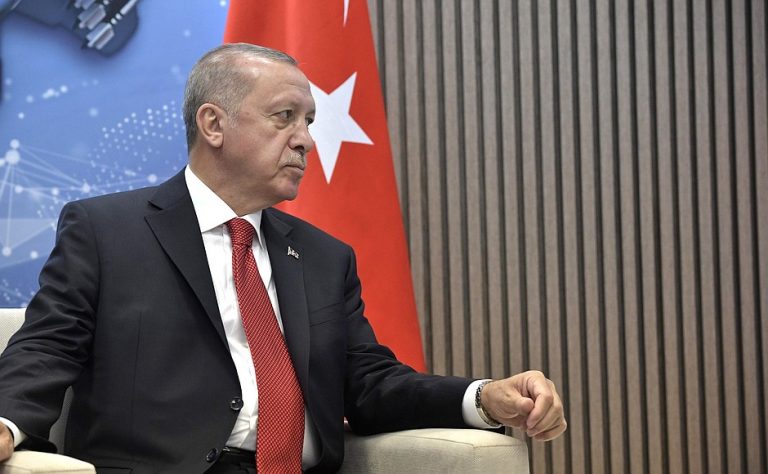Turkey’s recent maritime and military deals with the UN-recognized authorities in Libya are shrewd geostrategic moves intended to ensure that Ankara remains the dominant player in the Eastern Mediterranean in the face of a concerted effort by its rivals to undermine its influence with a game-changing pipeline that could set the stage for an anti-Turkish alliance if it’s successfully completed.
The State Of Play
Energy geopolitics are driving Turkey’s recent maritime and military deals with the UN-recognized authorities in Libya as Ankara wants to avoid the formation of an anti-Turkish alliance that’s in the process of being created around the game-changing Greece-“Israel”-Cyprus (GRISCY) pipeline that it’s rivals plan to construct. The Anatolian nation has been gradually moving closer towards Russia, China, and Iran in the aftermath of the failed US-backed coup attempt against President Erdogan in summer 2016, which in turn pushed America to encourage its regional partners to unite in confronting what they collectively regard as their shared threat. “Israel“, it should be noted, is on extremely close terms with both Russia and China nowadays, but it has no qualms about advancing its interests at their Turkish partner’s expense, though this isn’t predicted to negatively impact on its relations with either of them in spite of GRISCY being a clear competitor of Russia’s Turkish and Balkan Stream pipelines.
more at globalresearch.ca
Ask me anything
Explore related questions





